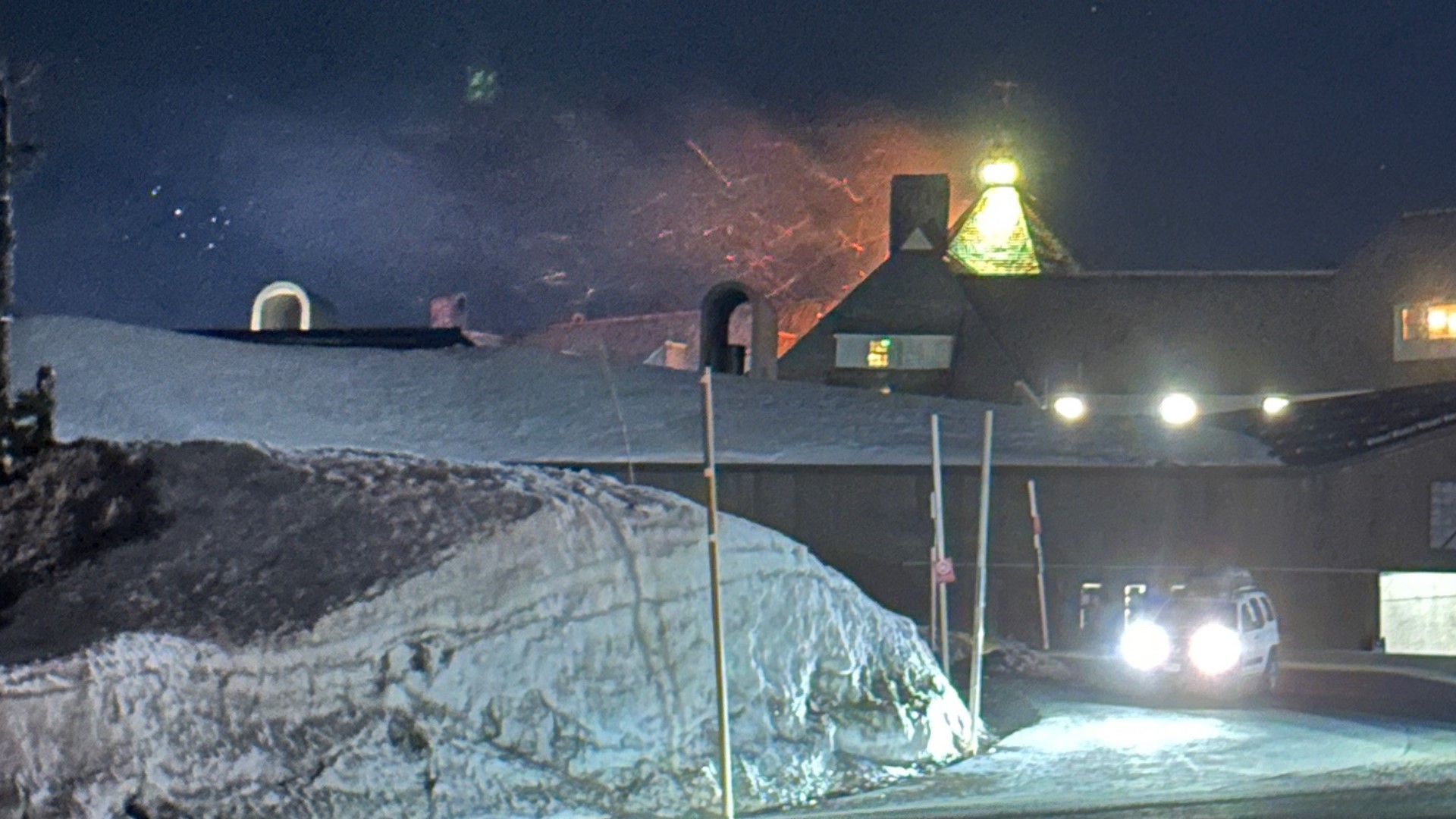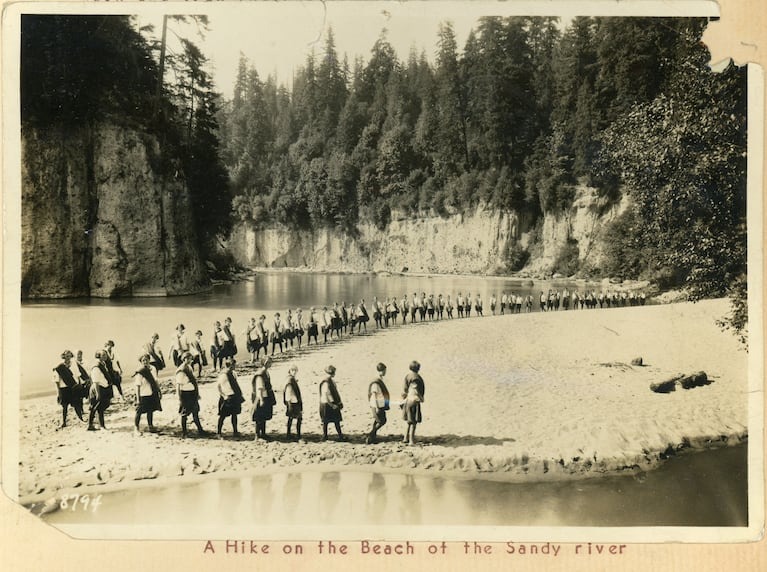As reported by The Oregonian, Camp Namanu, Oregon's oldest camp dedicated to girls' nature experiences, has achieved recognition as a National Historic District within the National Register of Historic Places. Boasting over a century of history, this 552-acre forested gem along the Sandy River stands as a testament to both environmental preservation and social progress.

Founded in 1924 by the Camp Fire Girls, the camp occupies a pristine spot in Sandy, Clackamas County. It's notable for safeguarding its rustic architectural charm and for fostering inclusivity and leadership in youth against the backdrop of a rapidly industrializing nation.

Pietro Belluschi, a renowned Portland architect, left his mark here with four distinct buildings. His designs embody the spirit of the Pacific Northwest, blending lodges seamlessly with the natural landscape. These structures are characterized by stone fireplaces, exposed rafters, and indoor-outdoor porches, all nestled in the Cascade mountain range's foothills.

An exhibit at the Oregon Historical Society, titled “Camp Namanu, A 100-Year Journey Toward Inclusion,” honors the camp's centennial. It showcases the camp's evolution and its commitment to inclusivity and diversity, running until June 9.
Today, Camp Fire Columbia oversees the camp, continuing its legacy through summer programs, community events, and volunteer opportunities. This non-profit aims to support youth development in the region, maintaining the camp's educational and recreational ethos.
Efforts to enhance Camp Namanu include plans for new lodges and the renovation of existing facilities. This initiative aims to preserve the camp's historical structures, such as the iconic 1929 Camp Fire Lodge and the whimsical Stargazer Tower, ensuring its legacy for years to come.
Camp Namanu's philosophy of inclusivity and equality has evolved over the decades, welcoming campers from diverse backgrounds. This approach has made it a pioneer in promoting social justice and equality, principles that continue to guide its operations today.
In sum, Camp Namanu's historic designation not only celebrates its architectural and environmental significance but also its enduring impact on community, inclusivity, and leadership development among youth in Oregon.













